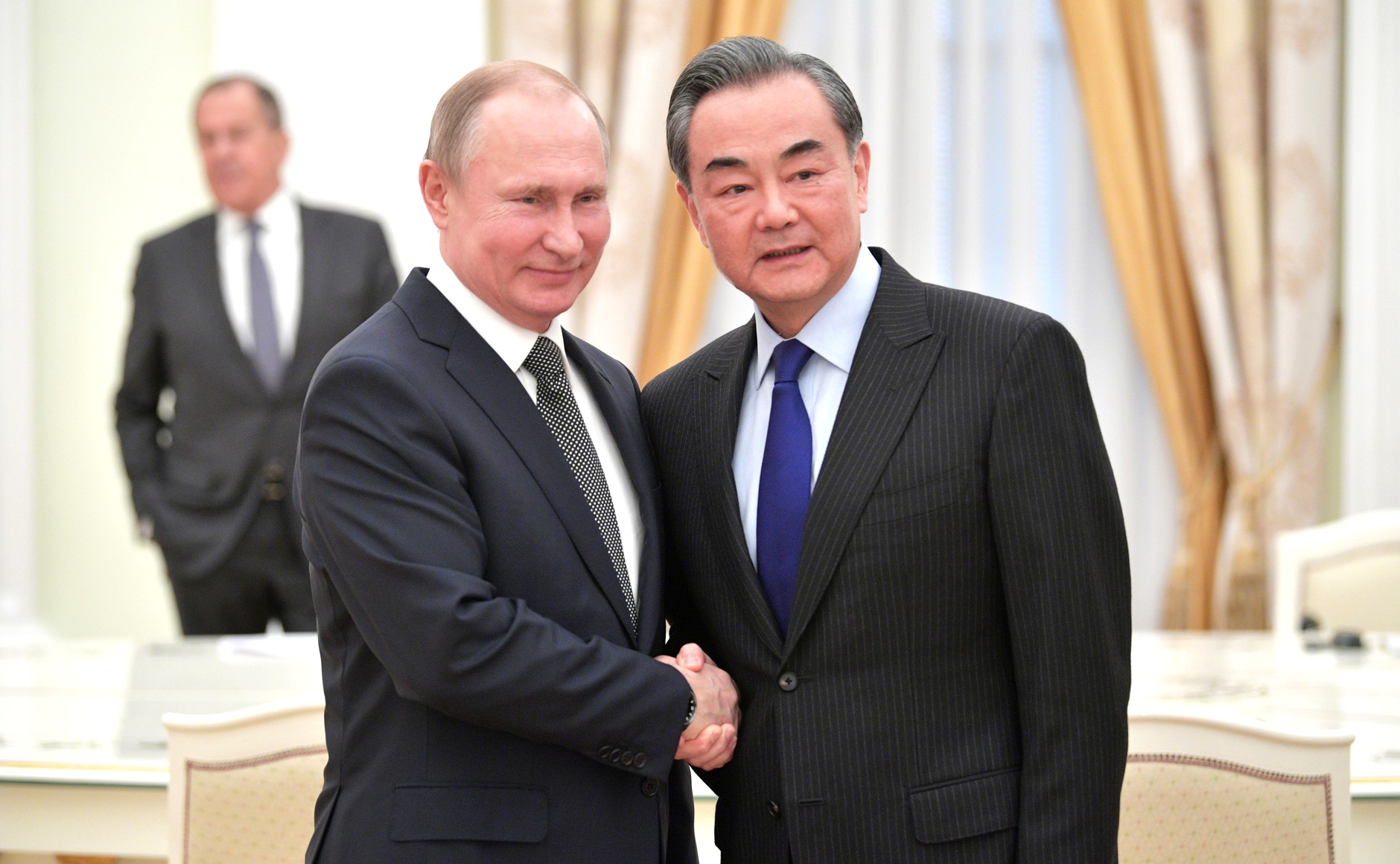
When I worked as a simultaneous and consecutive interpreter for over a decade of my life, I used to feel the weight of responsibility on my shoulders. One word may change the destiny of people, or inadvertently inflict injustice without it being the intention of the speaker to do so. I remember that many times, before conveying an utterance to the other interlocutor, I would ask the President, "Do you mean this or that?", in order to be absolutely clear about what he meant and what I should try to convey in my sentences.
Those moments forced themselves on my mind today, after thirty years of living them. I was reading many different reports about NATO and the EU, the warnings they issued to China, and the different interpretations (and mostly misinterpretations) of China’s political moves, statements, announcements and declarations relating to the Russia-Ukraine war.
Any political person who reviews CNN, BBC, the Wall Street Journal, Euro News, Sky News, watches their TV screens and follows their news websites, would think that it is China that is sending money and armaments, rather than NATO, to the war zone in the Ukraine. At a time when NATO and EU countries were announcing that they would not stop supporting Ukraine with money and armaments as the war entered its second year, Ned Price, the spokesman of the U.S. Department of State, expressed anxiety about the visit of the Chinese Foreign Minister, Wang Yi, to Moscow, because "these two countries share the same vision".
A wave of speculation started in Western media about China's next move with respect to the war in the Ukraine and whether it might be about to support Russia with arms. A race to voice the fear that China may extend material support to Moscow was let loose.
Zelensky expressed his worry that if China were to support Russia, a third World War would erupt. Josep Borrell, the European Union's foreign secretary, announced that for China to offer armaments to Ukraine would be a red line for the EU.
All of this was being said, announced and published at a time when President Biden was in Kiev announcing that the U.S. and NATO are committed to supporting Ukraine with money and armaments and that they will never waver from doing so, calling the conflict a war of "democracies" against "autocracies", and profiling himself as a “democratic” president fighting against Russian tyranny.
"There should be no doubt," Biden said, "that our support to the Ukraine will not recede and NATO will not get tired." Biden added that "the European Union offered an unprecedented support to Ukraine."
Who gave Biden this divine right to feed the war in the Ukraine and prohibit China from doing so? NATO and the EU are not "supporting Ukraine", but leading a war of attrition against Russia in Ukraine—and, by and large, against any country who dares challenge Western hegemony.
The hypocrisy of the narrative is shocking indeed. You need to be an authority in your own right on what is going on, and to stay on top of every single detail of each move, in order not to be misled by the concentrated campaign to mislead readers and viewers about what is going on in the world. Who said that China and Russia cannot share the same vision, take the same stand or make the same move on any international issue?
Who gave the West the right to decide who supports whom, and who should and should not be in alliance with whom? If this is not tyranny, I do not know what tyranny is? Who can tell me what the West means by "the rules-based international order"? Which order, and what rules? And who made these rules, and what are these rules? No-one bothers to explain!
The Chinese Foreign Minister said in Moscow that the relations between Russia and China are not directed against any country, but that these states will not be subject to pressure from third parties, adding that "we both support a multipolar world and democracy in international relations." This is precisely what the West is desperately trying to prevent. The dawn of a multipolar world would certainly mean the end of Western hegemony; and democracy in international relations would leave no rooms for such stupid and misleading items as a "rules-based order".
It so happens that the Ukraine is the theatre of this war, but the war is about the future of the world and the directions this future might take.
The West—whose political systems are based on military industry, and whose existence depends on igniting wars so that these industries make profit and keep their nations' economy going—cannot afford to agree with Russia and China about a multipolar world and democracy in international relations and global security and integrity and sovereignty for all.
What badly needs to be changed is not the Russo-Chinese vision, but the very basis of the Western systems. Besides the war going on in Ukraine, the entire world needs a no less necessary war against entire agencies and media outlet whose only mission is to confuse readers and viewers and to mislead to the wrong conclusions. We have to translate their narrative in a way that enables us to see the truth, and more importantly, we have to craft our own narrative that befits the important change we aspire to see on the world stage.
Main image: http://www.kremlin.ru/events/president/news/57207/photos (CC BY 4.0)

